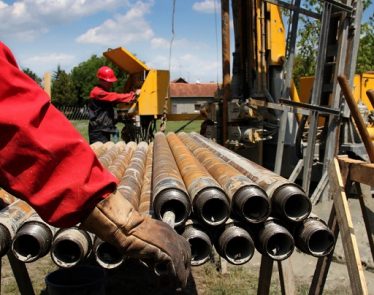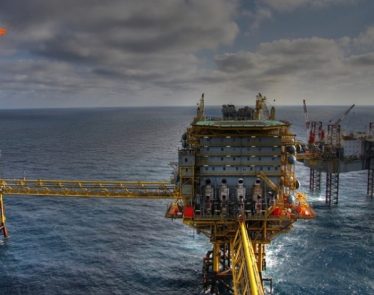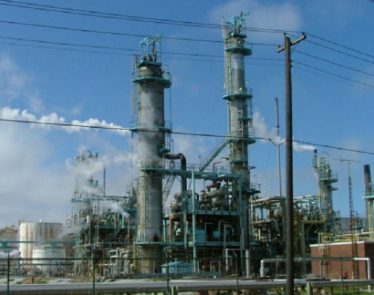
Just recently, Saudi Arabia, Bahrain, the UAE, Egypt, Yemen, and Libya had accused Qatar of supporting terrorism and destabilizing the region, leading the 5 Arab nations to sever diplomatic ties with the small country.
Port authorities in Saudi Arabia, the UAE, and Bahrain have all refused dockings of Qatar-flag or owned vessels. The Port of Fujairah in the UAE said on Monday that regardless of the nature of the call, vessels going to and coming back from Qatar as well as vessels flying Qatar flags were not to dock at its port. All Bahrain ports have called off sea traffic to and from Qatar as well, according to Bahrain’s Ministry of Transportation and Telecommunications. For Saudi Arabia, it isn’t just their ports– as soon as the country severed ties with Doha, it closed all land, sea, and airports to Qatar. Investors are warned to be wary at this time– Qatar is the world’s biggest LNG exporter, with around 600,000 BPD of crude oil output. With these restrictions, crude and oil product loadings in the Persian Gulf are about to get a bit complicated.
It was initially assumed that Qatar’s LNG and oil trade would not be affected by this political incident, however, the refusal to dock Qatar-flag or owned vessels are causing buyers to switch plans overnight. This could lead to an increase of bunker prices outside the Middle East Region, observed energy and commodities information company, S&P Global Platts (Platts), in an analysis on Tuesday. The company cited Asian shipping industry officials in its analysis.
Sources have also recently informed Platts that loading crude oil planes for VLCCs had to change overnight to avoid issues that could arise, stating, “Our VLCC was due to load partial cargoes, first in Qatar and then in the UAE and the port agent had given the nod to bring the ship [to the UAE] but we did not want to take the chance.”
Although port restrictions in the UAE and Bahrain have put a stop on direct Qatar-UAE/Bahrain shipment, cargoes can still be loaded and co-loaded if the vessel stopped at third ports. However, the restriction also means that the UAE could lose bunkering revenues — a favorite among some companies due to larger storage spaces and cheaper pricing. This could hurt UAE’s economy, as bunkering is a big source of income for the country, informed a VLCC broker in Singapore to Platts.
Bigger companies and buyers might not have problems swapping cargoes in co-loaded vessels, but for smaller companies, this could mean high freight fees and other additional expenses — cutting into precious revenue.
Shipping executives are hoping that the sudden chaos caused by recent political disputes as well as legal problems that come with cargo loading to be resolved within the week, according to Platts.
Featured Image: twitter.com












